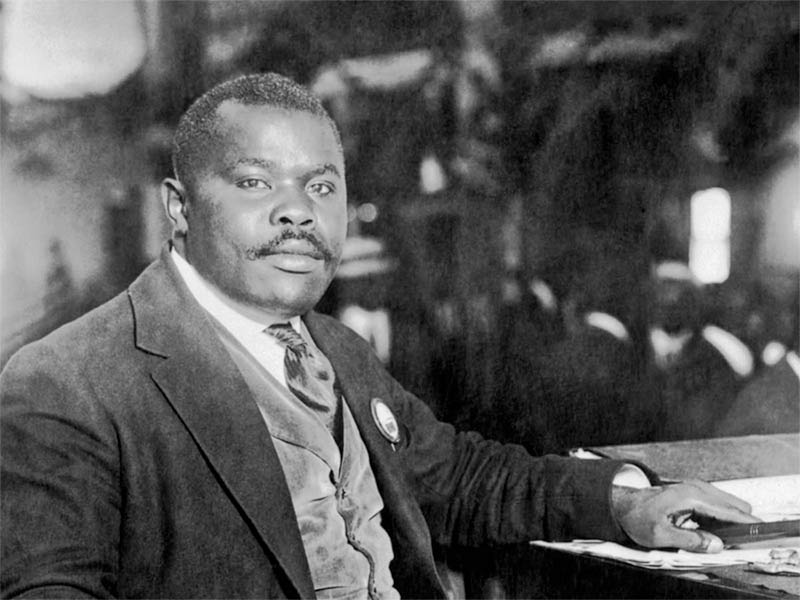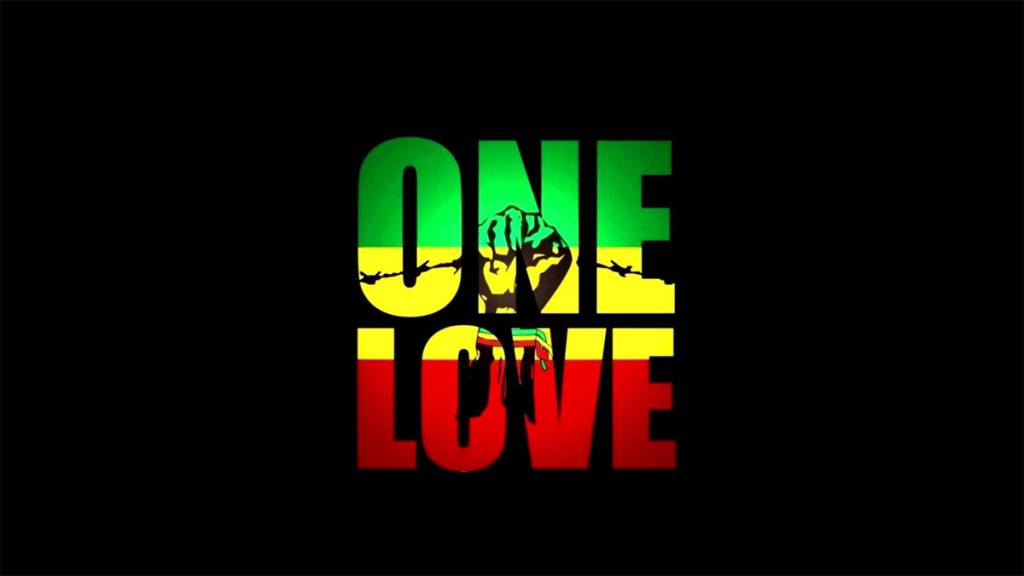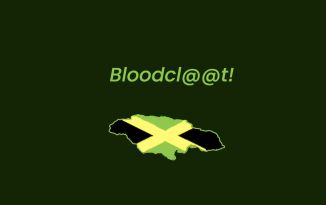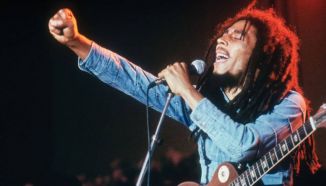Ever since I was a child, I must say that the message of One Love is one that has always intrigued me.
In a world that is often divided by conflict and strife, this simple phrase carries a powerful message of unity, empathy, and hope. And as I've followed the evolution of One Love over the years, I've come to realize just how enduring and impactful this message truly is.
What does "One Love" mean?
One Love is a message of unity and inclusion, originating from Rastafari and Jamaican culture and often used by reggae musicians.
It expresses the idea that all people are connected, regardless of their differences, and that love and empathy have the power to bring people together.
Who Uses It
One Love is a message that has been embraced by people from all walks of life and all corners of the world. From musicians and artists to political leaders and everyday people, the message of One Love has the power to bring people together and inspire them to work towards a better future.
Where did "One Love" Come From?
The phrase One Love was popularized by the late reggae icon Bob Marley, who used his music to spread a message of peace, love, and unity, however this phrase goes back a lot further than that.
Marcus Garvey, a Jamaican-born black civil rights activist of the early 19th century, was known to end his speeches with the phrase "one love." He utilized the motto "One God! One Aim! One Destiny!" for his Universal Negro Improvement Association and advocated for Pan-Africanism, a philosophy promoting unity and solidarity among black people globally.
He also established a shipping company to boost trade and transportation between Africa and Black Americans.
 Marcus Garvey - Jamaican-born black civil rights activist
Marcus Garvey - Jamaican-born black civil rights activist The Rastafari movement, originating in Jamaica, took Marcus Garvey's "One God! One Aim! One Destiny!" as its own and transformed it into the motto "one love, one heart, one destiny."
The "One Love" song by The Wailers, released in 1965, truly made a mark in music history! With lyrics like "one love, one heart, let's get together and feel alright," the song offered a fresh perspective on the "one love" philosophy.
Although Marcus Garvey's original idea behind "one love" was focused on black unity, Bob Marley, who became the lead singer when the song was re-released in 1977, always emphasized the significance of racial peace. No wonder it rapidly turned into one of Marley's most iconic and cherished tracks!
Bob Marley's idea of "one love" has definitely left a lasting impact! Most people see it as promoting racial unity and some even claim that it could have changed the thoughts of the Rastafari community.
But not everyone concurs with this perspective, some Rastafarians have expressed their disappointment in Marley for altering Marcus Garvey's original message. Nevertheless, the message of "one love" still stands strong as a symbol of unity and togetherness, inspiring individuals globally.
Since then, the phrase One Love has become synonymous with Marley's message and has been adopted by people around the world as a symbol of hope and unity.
Conclusion
The idea of "one love" propounded by Bob Marley and Marcus Garvey has certainly made a lasting impression and continues to inspire and bring people together, serving as a powerful symbol of togetherness and unity.
It's truly amazing to think about the impact that a simple phrase can have on the world. One love, indeed!





